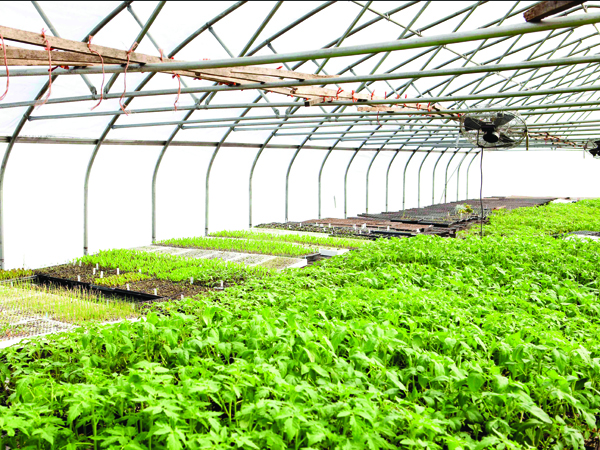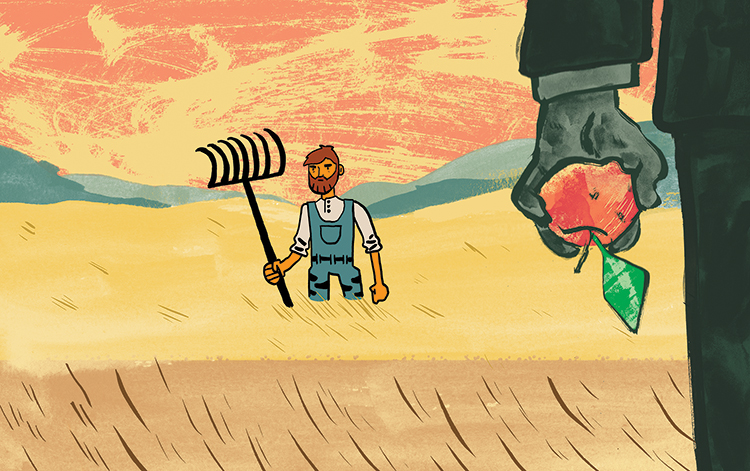 Farmers use community to stay viable
Farmers use community to stay viable
Buying locally often takes a bit more effort than walking into the nearest supermarket. But there are creative people out there making it easier for small farmers to compete for your dollars.
Lancaster Farm Fresh Co-op started as nine farmers in a barn, and has, over the course of four years, grown to include 75 member farms and a business model that makes their produce available across the region. A robust wholesale business supplies local restaurants and stores with an astounding diversity and volume of products, and a large CSA program allows local eaters to support not just one farm with their weekly share, but dozens. LFFC also recently added a buying club to the co-op. Buying club members will be able to pick up from CSA drop locations, but with full control over their order and
without the full-season commitment. (The CSA members will still get a better price.)
“It’s a great model, because we’re taking the power back,” explains General Manager Casey Spacht. “We’re making the decisions for ourselves, creating a good, healthy life for our farmers and customers. It’s a system that we can really stand behind.”
Every week farmers tell Spacht what products they’ll have available; it changes daily. He then sends out a price list to wholesale customers. Once orders are placed, the produce takes less than 24 hours to get from the fields to its destination.
All the farmers in LFFC are sustainable, organic growers. When new farms apply for inclusion, current members observe their operation first-hand, making sure their values align with that of the co-op.
The issue of values also led LFFC to start their own trucking division. They weren’t happy with their contractors, so the farmers made a decision to change things. They now have three full-time drivers, all being paid a living wage, along with benefits and a free CSA share.
The geographical constraints of the co-op within Lancaster County mean that even as the group grows, it remains a tight-knit community. The morning before Grid talked to Spacht, a member’s barn burned down. “I made a call to all of our farmers,” says Spacht. “Today they’re there helping him clean up. And we’re going to be building a new barn for him in a week or two. We can make it happen because we have this network of friends and family that are all within the co-op. If another farmer needs help, people help.”




